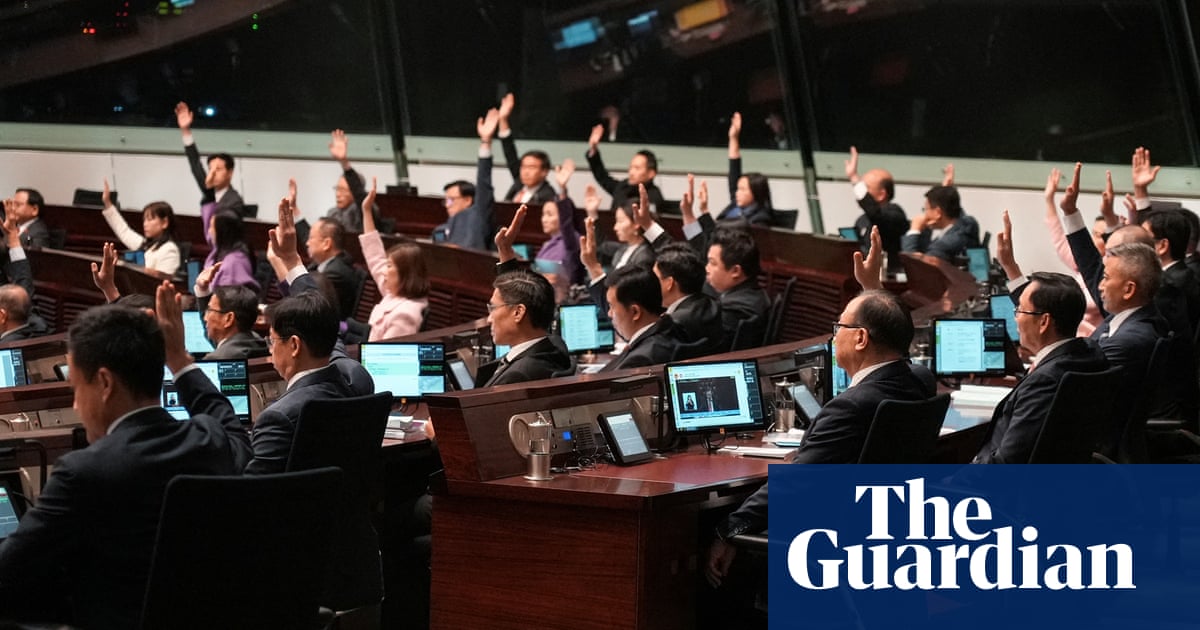
HONG KONG, Jan 6 (Reuters Breakingviews) - The nature of opposition has become an acutely sensitive topic in Hong Kong. Recent buyout attempts suggest that for shareholders of companies in the Asian financial hub, dissent endures.
Just this week, the suitor for $100 million Yorkey Optical International (2788.HK) improved its takeover bid by 14% after pushback from activist investor David Webb. The longtime thorn in the side of Hong Kong Inc spotted that the original offer of HK$0.88 a share valued three properties the camera-components maker owns at cost, rather than using market prices. He reckoned HK$1.193 a share would have been more reasonable, but acceded to HK$0.999. For a 6% owner, Webb’s voting clout was considerable: ballot math peculiar to Hong Kong gave him a blocking stake.
The victory followed another uprising by minority shareholders at $700 million Chinese Estates . Last month, they thwarted an attempted privatisation of the property developer, a onetime major backer of embattled China Evergrande (3333.HK). The bid by the family of former Chairman Joseph Lau valued Chinese Estates, in which they own a three-quarters stake, at a 38% premium to its undisturbed price, but at a whopping 69% discount read more to its net asset value. Lau won based on shareholdings, but failed a headcount test of the number of voters. It’s an archaic rule that lives on in the company’s Bermuda domicile.
Small shareholders typically struggle to prevail in a city where tycoons dominate many publicly traded companies. These successful revolts carry greater significance under the circumstances. Days after the Chinese Estates result, Hong Kong’s legislative election attracted a record-low 30% turnout after rules were revised to allow only candidates deemed by the government to be patriots. Corporate ballot boxes, however, remain an active battleground.
Follow @JennHughes13 on Twitter
CONTEXT NEWS
- Yorkey Optical International shares jumped by nearly 20% on Jan. 5 after the $100 million camera-component maker unveiled a 14% increase to the buyout offer from its largest shareholder. Smaller investor David Webb had argued for a higher price based on the likely market value of three properties the company holds at cost.
- Separately, minority shareholders in property developer Chinese Estates on Dec. 17 rejected a plan by tycoon Joseph Lau to take the company private at a steep discount to its net asset value.












